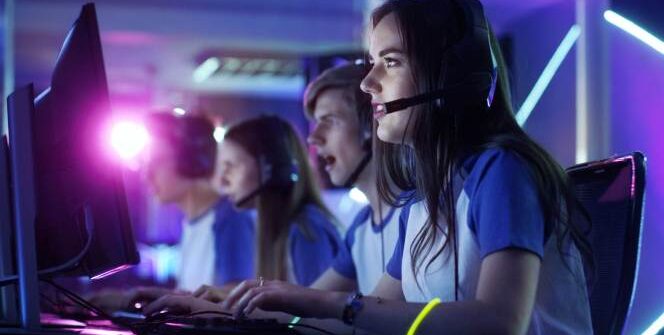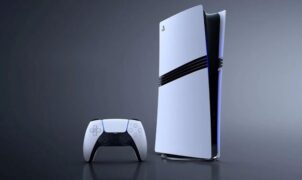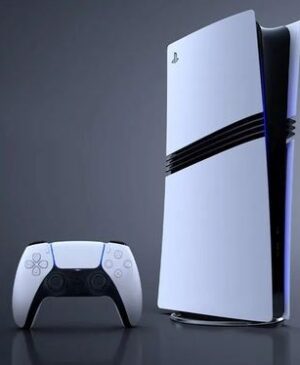AMD was just trying to reduce latency (lag) in games, but many players have been banned because of…
AMD Anti-Lag+ is basically a competitor to Nvidia’s Reflex. You can enable it in the Radeon Adrenalin Edition driver and get less lag, especially if frame generation (Nvidia DLSS 3, AMD FSR 3) is enabled. You can also use these two solutions together in other games in scenarios without frame generation, resulting in better timing between frames and less perceived lag in the game you’re running. In other words, the experience feels smoother and more dynamic with FSR 3 + Anti-Lag+ (of course, you’ll need a latest-generation graphics card, one of the AMD Radeon RX 7000 family of GPUs).
This is where the problem begins: AMD’s Anti-Lag+ solution modifies game files in a way that can lead to permanent bans. Valve has confirmed on Twitter that AMD’s latest driver redirects the engine DLL functions elsewhere and asks Counter-Strike 2 (CS2) players not to enable the technology or they will receive a Valve Anti-Cheat (VAC) ban, and until AMD releases an update, affected users’ bans can be lifted by Gabe Newell’s company if they are identified.
Anti-Lag+ is done on the driver side, so the DLLs in the game are modified, similar to the way cheaters and hackers use their solutions. And CS2 is an eSports game by nature, so AMD’s technology could give it a leg up on the others. Except that this solution is not the most fortunate. The integration is less reliable because reverse engineering makes assumptions about how the game engine works, resulting in suboptimal or inconsistent latency reduction. It also attracts the attention of anti-cheat systems, which can lead to bans for redirecting input and core engine libraries. It can conflict with other core game systems (hit registration, simulation timing, etc.), causing the game to stutter or crash, and when the game is updated by the developer, the system can become completely inoperable.
AMD has removed the driver link from their website, but it is likely that CS2 will not be an Anti-Lag+ supported game, because if they enable the DLL in question, cheaters/hackers can attack through it by renaming their files. But Counter-Strike 2 is not the only game affected, as Apex Legends has also been banned, and Call of Duty: Modern Warfare II tends to crash. The other three supported games are Overwatch 2, Fortnite, and PUBG: Battlegrounds.
There are also discussions about bans on the AMD and Electronic Arts forums, so while only Valve has acknowledged the situation, there are more involved. Nvidia Reflex takes a different approach, as they are working with game developers to properly implement the technology, which is native to the game code. The advantages of native implementation are: it reduces lag in the best way, it works well with all systems (movement, actions, frame timing), it does not alert anti-cheat systems and it is not affected by game updates, but in return it requires cooperation between Nvidia and the developer and the number of supported games is lower.
Finally, AMD’s announcement: “AMD has been made aware of an issue where players playing Counter-Strike 2 (CS2) with AMD Anti-Lag+ technology enabled on Radeon TM graphics are inadvertently triggering a Valve Anti-Cheat System (VAC) ban. AMD is working with Valve to resolve this issue and will provide more details as they become available. AMD recommends that gamers using AMD software upgrade to the Adrenalin Edition 23.10.1 drivers to not enable Anti-Lag+ technology in CS2 until further notice.”
AMD is very embarrassed by this issue…
Source: WCCFTech



![[TGA 2025] Star Wars: Galactic Racer Focuses on High-Stakes Podrace Runs [VIDEO]](https://thegeek.games/wp-content/uploads/2025/12/theGeek-Star-Wars-Galactic-Racer-302x180.jpg)









![[TGA 2025] Star Wars: Galactic Racer Focuses on High-Stakes Podrace Runs [VIDEO]](https://thegeek.games/wp-content/uploads/2025/12/theGeek-Star-Wars-Galactic-Racer-300x365.jpg)


Leave a Reply